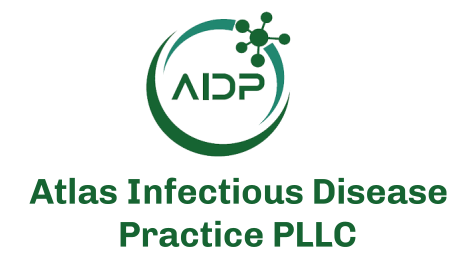During the earliest stages of the pandemic, and before the development of antivirals and other therapies, clinicians were struggling to find ways to treat their patients. As providers began to use off-label treatments, small studies began to surface around various therapies including hydroxychloroquine, the antimalarial therapy, and the antibiotic, azithromycin. One published paper found these 2 therapies used in combination could help reduce viral loads.
And while clinicians quickly realized these therapies were not reducing symptoms or mortality, both disinformation and misinformation was prevalent enough and making the therapies out to be wonder drugs. These therapies’ efficacy for COVID-19 treatment were debated on social media for way too long.
COVID-19 Therapy Roundtable Panel
Tina Tan, MD, professor of Pediatrics, Feinberg School of Medicine, Northwestern University
Scott Roberts, MD, associate medical director of Infection Prevention, Yale School of Medicine
James Wilson, DO, FACP, FAWM, CTropMed, critical care physician in private practice
Michael Curulewski, PharmD, BCPS, BCIDP, BCGP infectious diseases and antimicrobial stewardship pharmacist, Endeavor health, Northwest Community Hospital
Just this week, that aforementioned paper about hydroxychloroquine and azithromycin was finally retracted.The paper had been published in the International Journal of Antimicrobial Agents back in 2020, and the lead author was Philippe Gautret of the Hospital Institute of Marseille Mediterranean Infection. In the paper, it was claimed that hydroxychloroquine was able to reduce virus loads in COVID-19 patients, and that used in combination with azithromycin, was even more effective.1
This year, there has been some studies looking at metformin as an off-label treatment for COVID-19. However, with limited data showing efficacy and potential adverse effects, our roundtable panel believes it is better to prescribe FDA approved therapies.
“I don’t think there’s an overwhelming amount of data that would support it. With metformin, there were two studies together that pretty much showed it wasn’t effective,” said Michael Curulewski, PharmD, BCPS, BCIDP, BCGP infectious diseases and antimicrobial stewardship pharmacist, Endeavor health, Northwest Community Hospital. “One thing to keep in mind is anytime that we use an off-label therapy or a therapy that’s not supported by a large amount of data, [or even] the safety profile is a major one for me—because a lot of the medications are not benign. Metformin, for example, we have to watch out for patients who have renal dysfunction, IV contrast exposure, and drug-drug interactions. So, without that data to support it, I would say I don’t routinely endorse or recommend off-label therapies.”
This is episode 3 of our 4-part series. Check back for the last episode next week.






